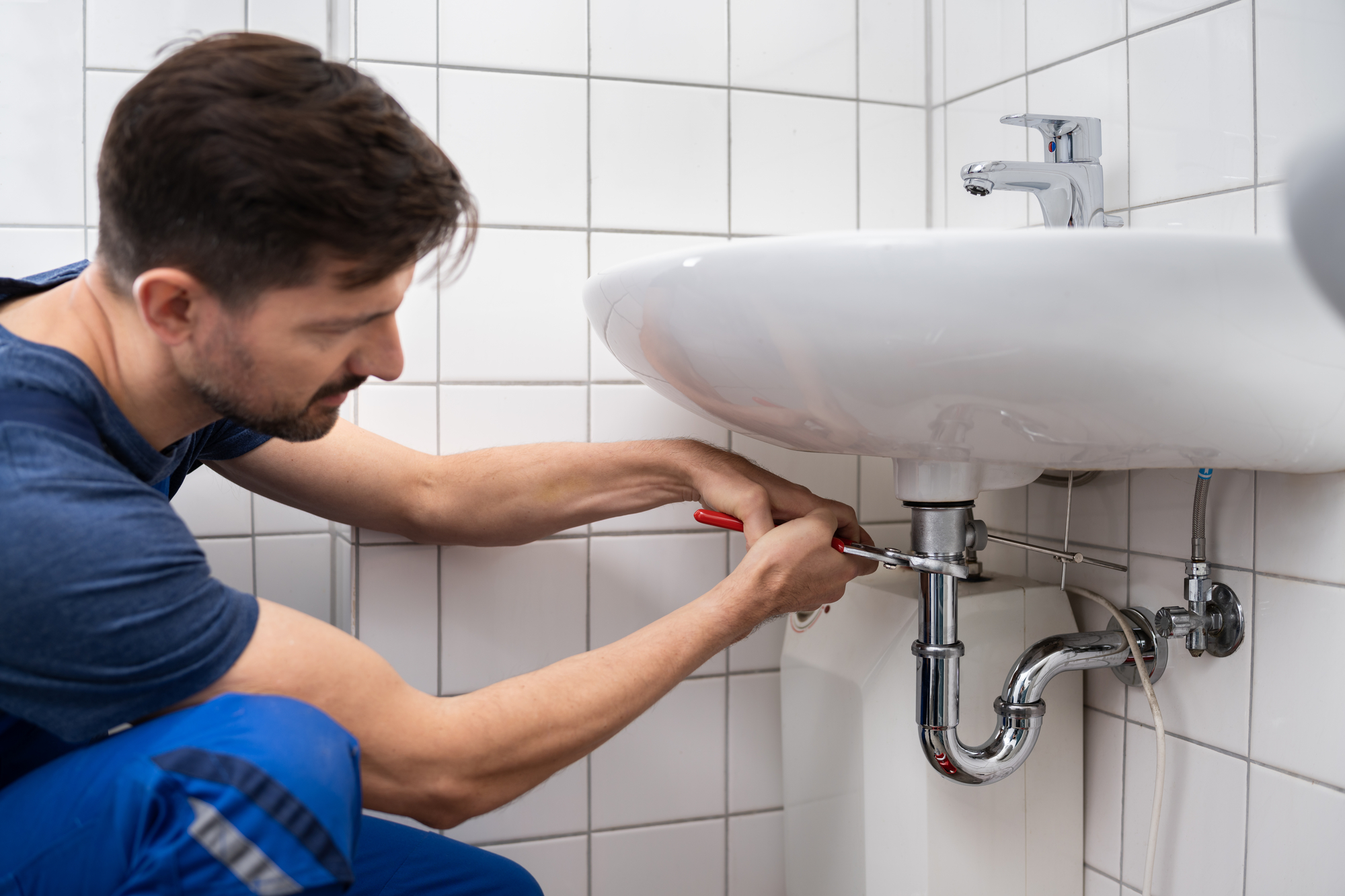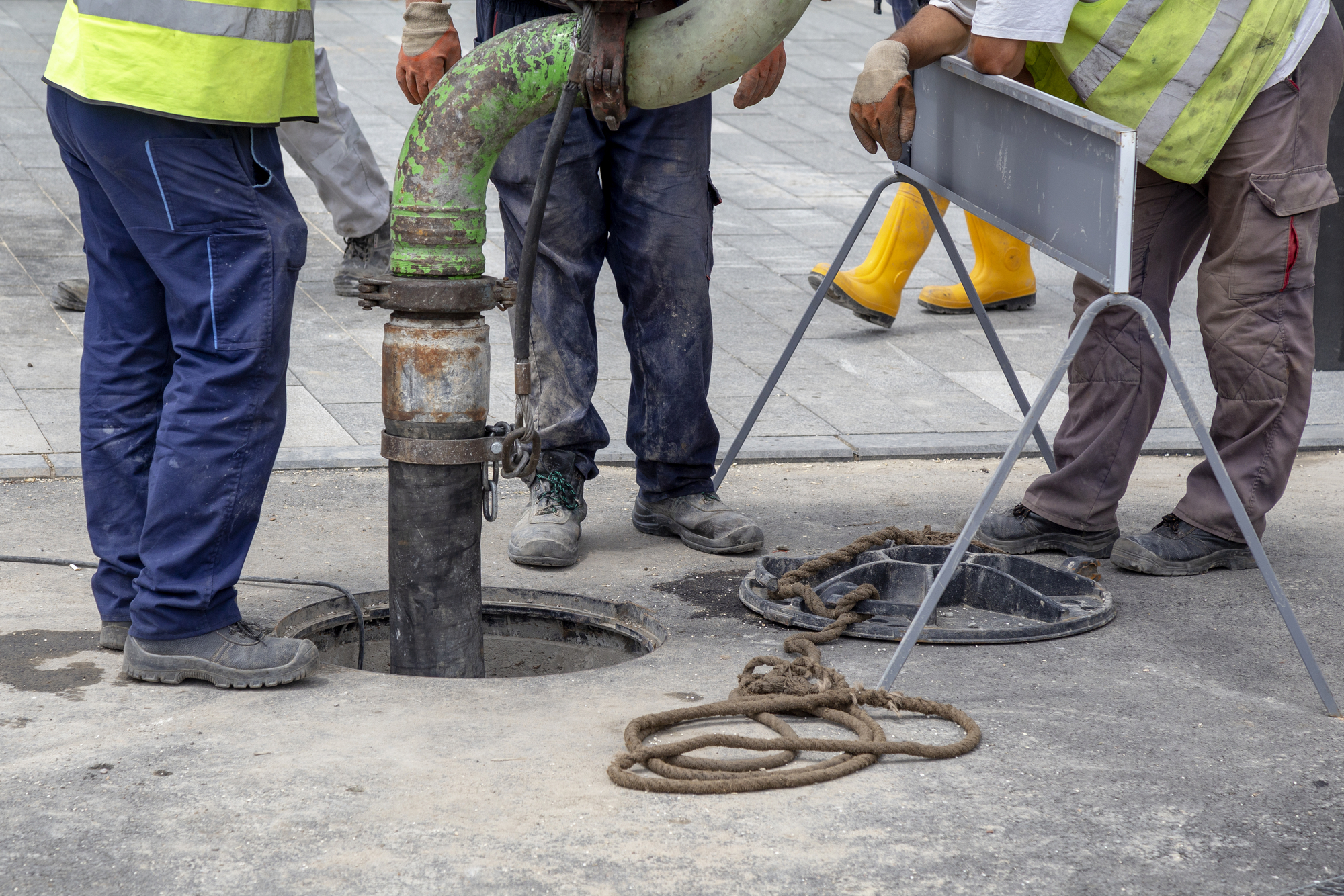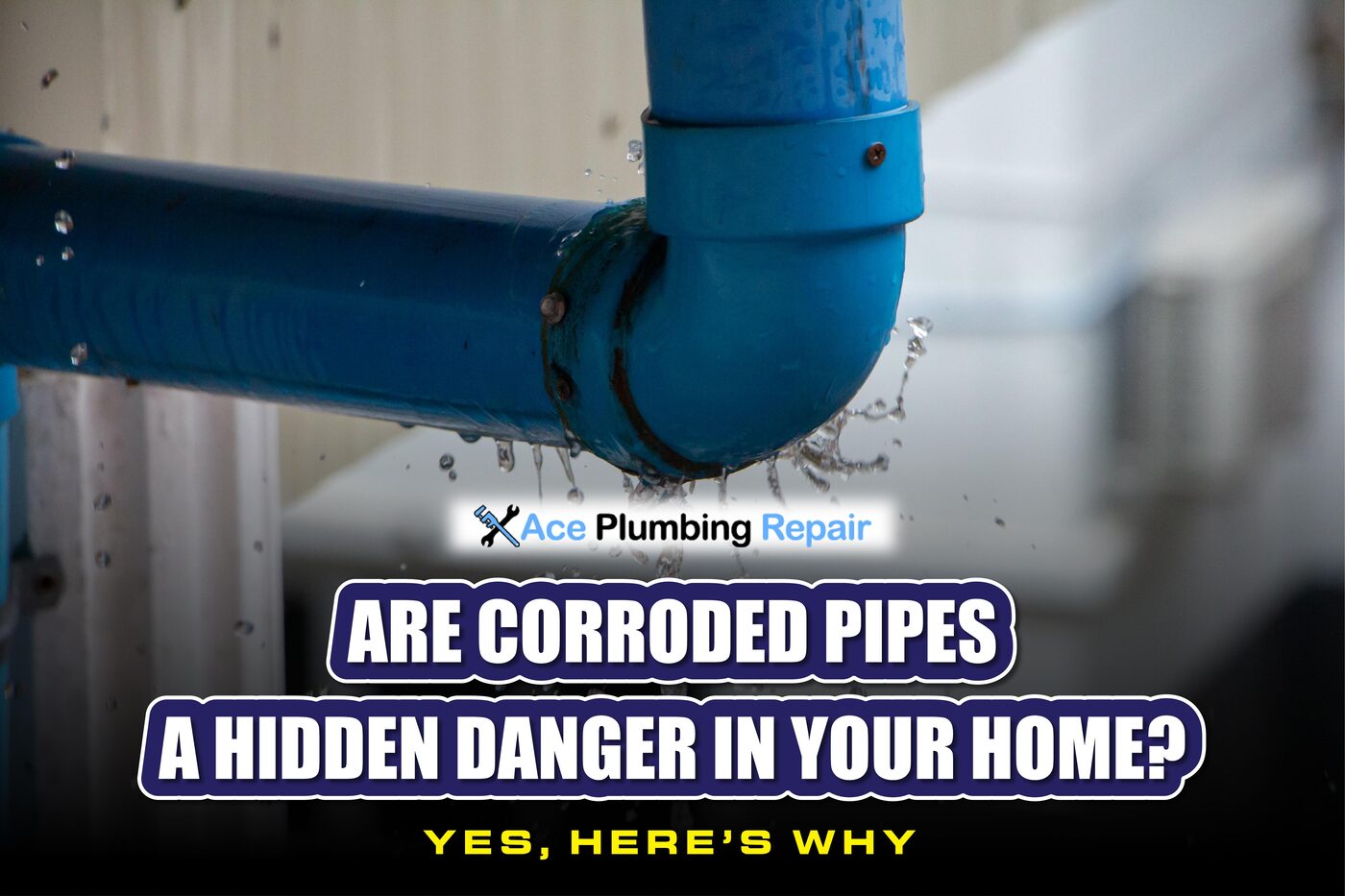Have you ever wondered, are corroded pipes dangerous? You’re not alone. Many homeowners overlook this hidden problem. Corroded pipes are more than just a plumbing nuisance; they can be a serious hazard. In this blog, we’ll dive into why these pipes are a cause for concern. From the health risks posed by contaminated water to the potential for costly leaks and damage, we’ll explore the impact of pipe corrosion in your home. Keep reading to learn why it’s essential to address this issue promptly and how to protect your home and health.
What causes pipe corrosion?
Pipe corrosion occurs due to a variety of factors, often related to the water chemistry and the environment in which the pipes are installed. Understanding these causes is crucial for prevention and maintenance. Here are some key factors that lead to pipe corrosion:
- Water pH: The acidity or alkalinity of water greatly influences corrosion. Water that is too acidic or too alkaline can corrode metal pipes over time.
- Oxygen levels: Oxygen in water can react with metals, leading to oxidation and corrosion. This is especially common in steel pipes.
- Water temperature: Higher temperatures can accelerate the corrosion process, making hot water pipes more susceptible.
- Chemical composition: Certain chemicals in water, like chlorine and other disinfectants, can react with pipe materials, causing corrosion.
- Pipe material: Different materials corrode at different rates. For example, galvanized steel is prone to corrosion, whereas copper and PVC are more resistant.
- Water velocity: High water velocity can erode the inner lining of pipes, while low water velocity can lead to sediment build-up, which also causes corrosion.
- Electrochemical reactions: Pipes of different metals can cause a reaction similar to a battery, leading to corrosion in the presence of an electrolyte like water.
- External environment: Factors like soil composition and moisture can affect underground pipes, leading to external corrosion.
By understanding these factors, homeowners and maintenance professionals can better prevent and address the issue of pipe corrosion. Regular inspections and appropriate material selection are key to mitigating these risks.

Are corroded pipes a hidden danger in your home?
Yes, corroded pipes can be a big problem in your home. When pipes get old and rusty, they can cause several issues. First, rusty pipes can make your water dirty. This isn’t good for drinking or cooking. Second, these pipes can leak or even burst.
This means water can damage your house. Also, when pipes are corroded, your water might not flow well. Your showers and sinks can have low water pressure.
It’s important to check your pipes often. If you see rust, strange-colored water, or leaks, tell an adult. you can call ace plumbing repair They can help to fix these pipes. This keeps your home safe and your water clean.
The dangers of corroded pipes
Corroded pipes in your home can be a big problem. Here’s why:

- Bad water quality: When pipes rust, tiny bits of metal can mix with the water. This can make the water unhealthy to drink and use.
- Leaks and floods: Rusty pipes can get weak and start leaking. This can cause floods in your home, damaging floors and walls.
- Low Water pressure: If pipes are corroded, they can get blocked inside. This can make the water pressure low, so your showers and taps don’t work well.
- Pipe breaks: In serious cases, old, rusty pipes can break. This can cause a lot of damage and need expensive repairs.
It’s important to check your pipes and fix them if they are corroded. This keeps your home safe and your water clean.
How to identify corroded pipes?
Figuring out if your pipes are corroded is important. Here’s how you can tell your pipe is corroded :
- Discolored water: If your water looks rusty or has a strange color, it could be a sign of corrosion.
- Leaky pipes: Check for leaks or drips around your pipes. This is a common sign of corrosion.
- Strange taste: If your water tastes metallic or odd, it might be because of rusty pipes.
- Lower water pressure: If water comes out of your faucets slower than before, it could be due to corroded pipes.
- Visible rust: Sometimes you can see rust on the outside of pipes.
- Strange noises: Listen for any unusual sounds like clanking or banging from your pipes.
If you notice these signs, it’s a good idea to have an adult call a plumber to check your pipes. This way, you can fix any problems before they get bigger.
Preventing and addressing pipe corrosion
Preventing and addressing pipe corrosion is a crucial aspect of maintaining plumbing and piping systems. Here are some key strategies and considerations:
Understand the causes of corrosion:
Corrosion in pipes can be caused by a variety of factors, including the presence of oxygen, the pH level of the water, the temperature, the chemical composition of the water, and the material of the pipes.
Regular inspections:
Regular inspection of pipes can help in the early detection of corrosion. This involves looking for signs of rust, leaks, or a change in water color.
Use of corrosion inhibitors:
Adding corrosion inhibitors to the water can slow down the corrosion process. These chemicals form a protective film on the surface of the metal.
Cathodic protection:
This method is used to control the corrosion of a metal surface by making it the cathode of an electrochemical cell. It’s particularly useful for underground or underwater pipes.
Pipe material selection:
Choosing the right material for pipes is crucial. Materials like copper and stainless steel resist corrosion better than others.
Control of water chemistry:
Adjusting the pH level, reducing the oxygen content, and controlling the amount and type of minerals in the water can help prevent corrosion.
Coatings and linings:
Applying protective coatings or linings inside the pipes can prevent direct contact between the water and the pipe material.
Sacrificial anodes:
These are pieces of a more reactive metal attached to the pipe. They corrode instead of the pipe, offering a form of protection.
Proper installation and maintenance:
Ensuring that pipes are installed correctly and maintained regularly can prevent issues that lead to corrosion, such as excessive pressure or temperature.
Monitoring and testing:
Regular testing of water quality and monitoring pipe conditions can help in the timely identification and mitigation of corrosion risks.
Implementing a combination of these strategies can significantly reduce the risk of pipe corrosion, thereby extending the lifespan of the piping system and ensuring the safety and quality of the water supply.
Conclusion
Are corroded pipes a hidden danger in your home? Yes, they are. Corroded pipes can lead to many problems, like unsafe water, leaks, and low water pressure. It’s important to check your pipes regularly and fix any corrosion early. Remember, taking care of your pipes is not just about avoiding leaks; it’s about keeping your water safe and your home in good condition. If you see signs of rust or other issues, don’t wait. Call a plumber for help. By being aware and proactive, you can keep your home safe from the dangers of corroded pipes.






